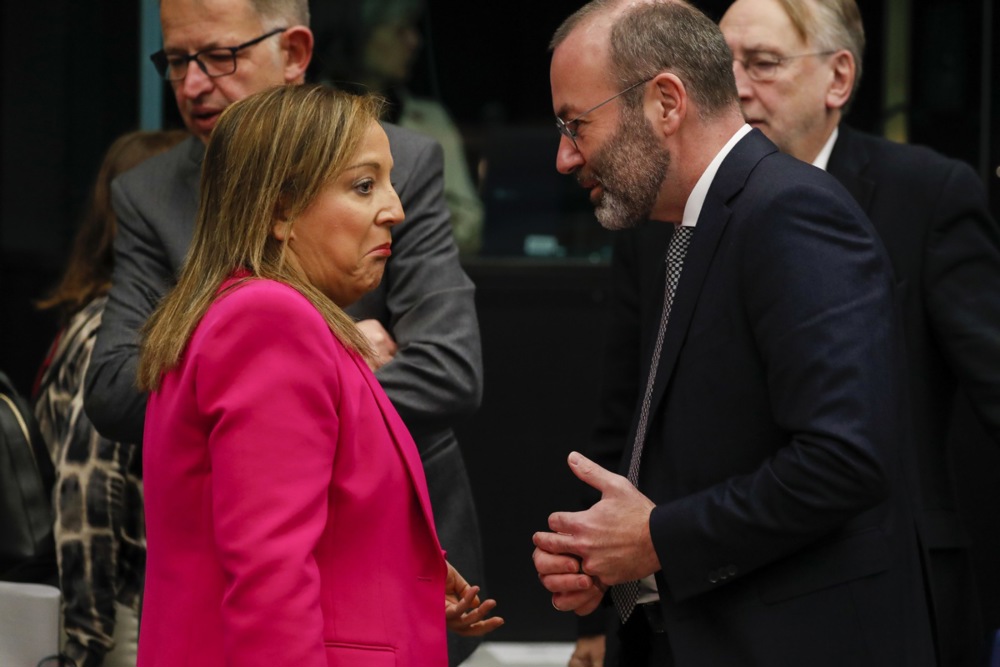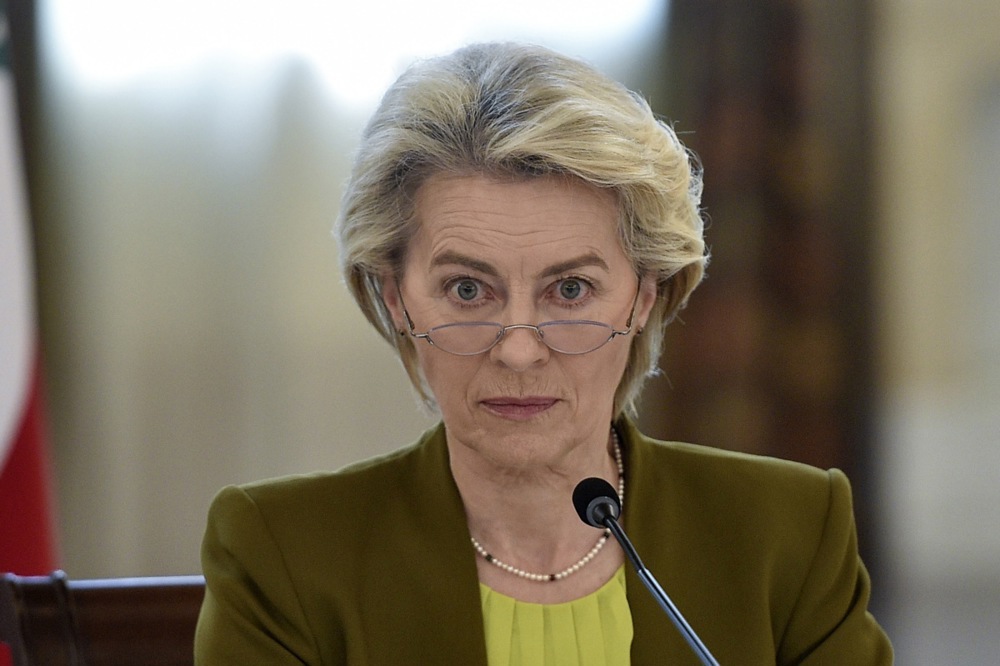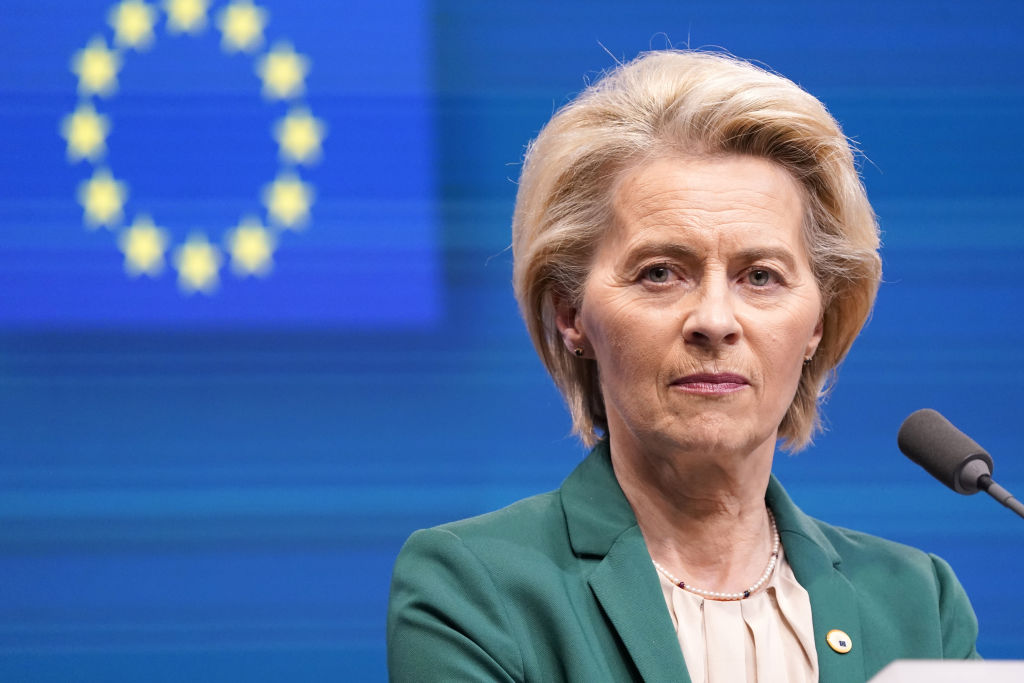The European Parliament will officially convene in its first session in Strasbourg on July 16 but the working committees have already been distributed among the groups.
The cordon sanitaire applied to the Identity and Democracy (ID) group in the last legislature has now been extended to Patriots for Europe and Europe of Sovereign Nations blocs.
The European People’s Party (EPP) has secured the chairmanships of the Industry, Foreign Affairs, and of the Civil Liberties, Justice, and Home Affairs (LIBE) committees.
Initially, the EPP had claimed the Agriculture (AGRI) committee but swapped that with the European Conservatives and Reformists (ECR) in exchange for the LIBE chair, according to sources within the Conservative group.
ECR will now preside over the Budget, the Petitions, and the Agriculture committees.
The ECR will steer Common Agricultural Policy, affecting agricultural production, markets and direct payments to farmers, and will decide on fund allocation to improve rural quality-of-life.
This committee looks set to implement the reforms the ECR had promised during the previous legislature, especially regarding the Agenda 2030 that seeks to integrate the three dimensions of sustainable development: economic, social and environmental. It is also responsible for the imposition of certain measures to designed combat climate change.

The ECR will also lead the Petitions committee, which investigates and follows up on petitions by European Union citizens and residents regarding the application of EU law by national authorities.
The Socialists and Democrats (S&D) will chair the Environment (ENVI), International Trade, Economic and Monetary Affairs (ECON), Regional Development, and the Women’s Rights (FEMM) committees.
The Renew Europe group will head up the committee on Legal Affairs (JURI), Development (DEVE) and the Subcommittee on Security and Defence (SEDE). They will manage agendas on data protection, cross-border judicial procedures, EU humanitarian aid, and security and defence policies, among others.
The Greens are to chair the Internal Market and Consumer Protection committee and the Human Rights subcommittee. The Left looks to lead the Tax Affairs and Employment and Social Affairs committees.
The new group, Patriots for Europe, missed the July 4 deadline to establish itself formally, limiting its chairmanship claims to the Transport and Tourism (TRAN) and Culture and Education (CULT) committees.
This delay likely means other political groups will maintain a cordon sanitaire, excluding them from influential positions in Parliament.
The TRAN committee plays a crucial role in shaping policies affecting mobility and tourism across the EU. In the coming years, when up to nine more countries are expected to join the bloc bringing the total to 36, this committee may be increasingly influential.
The CULT committee legislates and oversees policies related to culture, education, multilingualism, youth and sports.
Brussels must respect the weight of the new political groups and the will of the European people by rejecting calls for a cordon sanitaire around right-wing groups, @GyoriEniko tells @JavierVillamor.
Catch the full interview ?? https://t.co/WO1YDk6tTN #europeanunion pic.twitter.com/lIXz2X9pe8
— Brussels Signal (@brusselssignal) July 11, 2024




